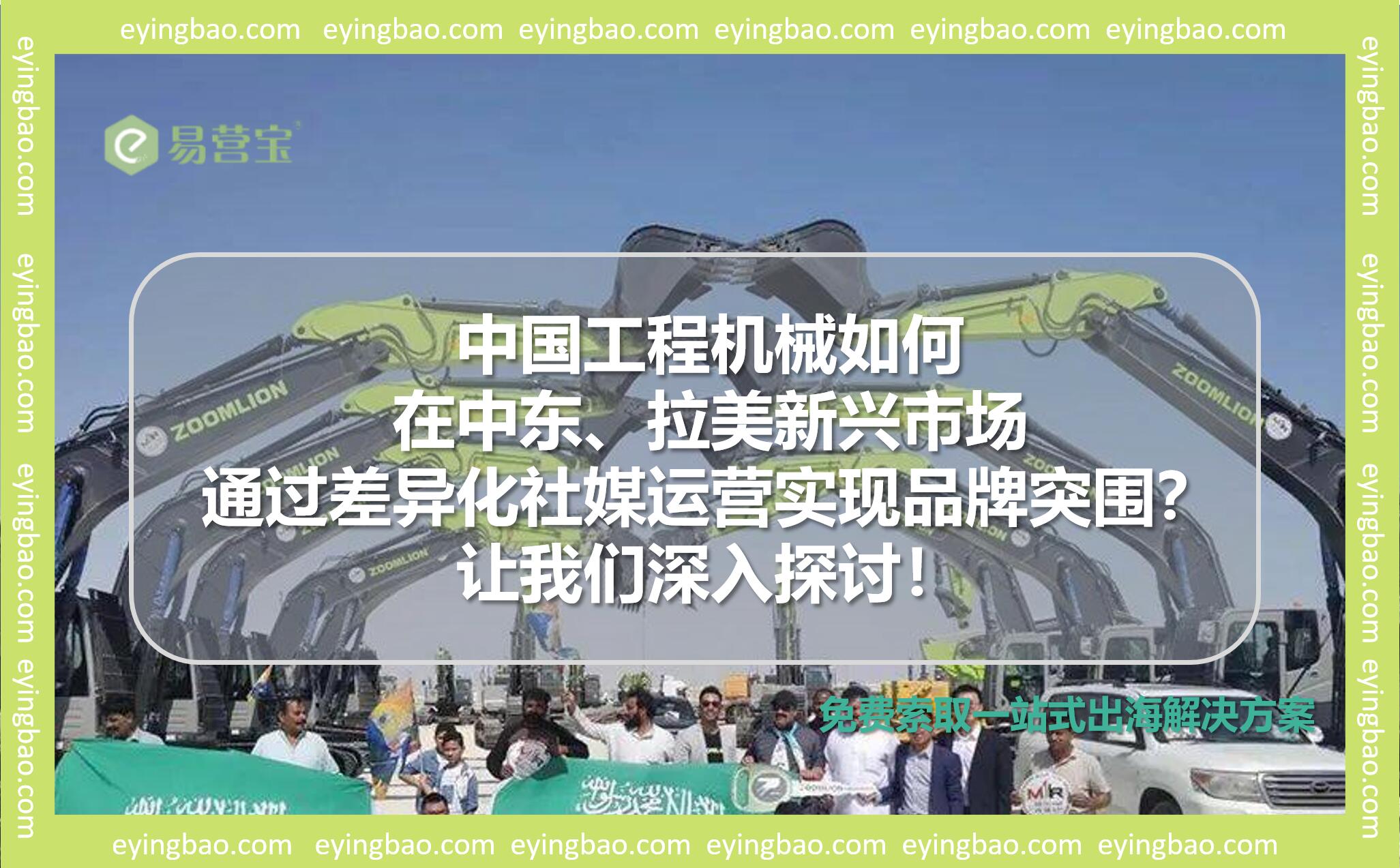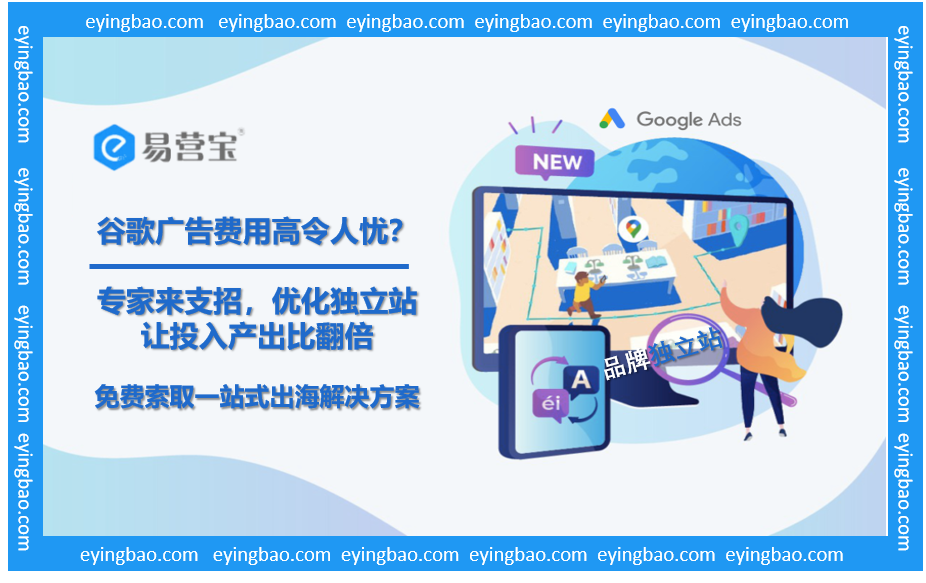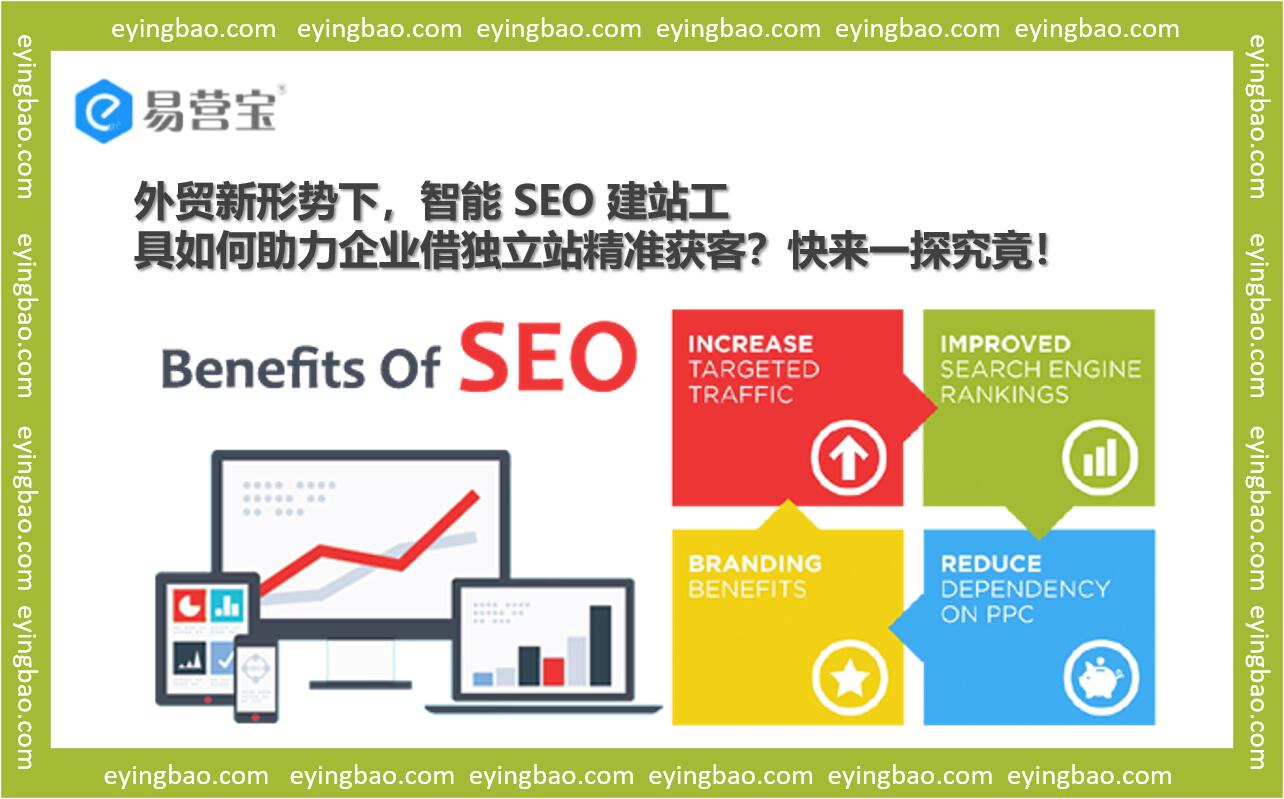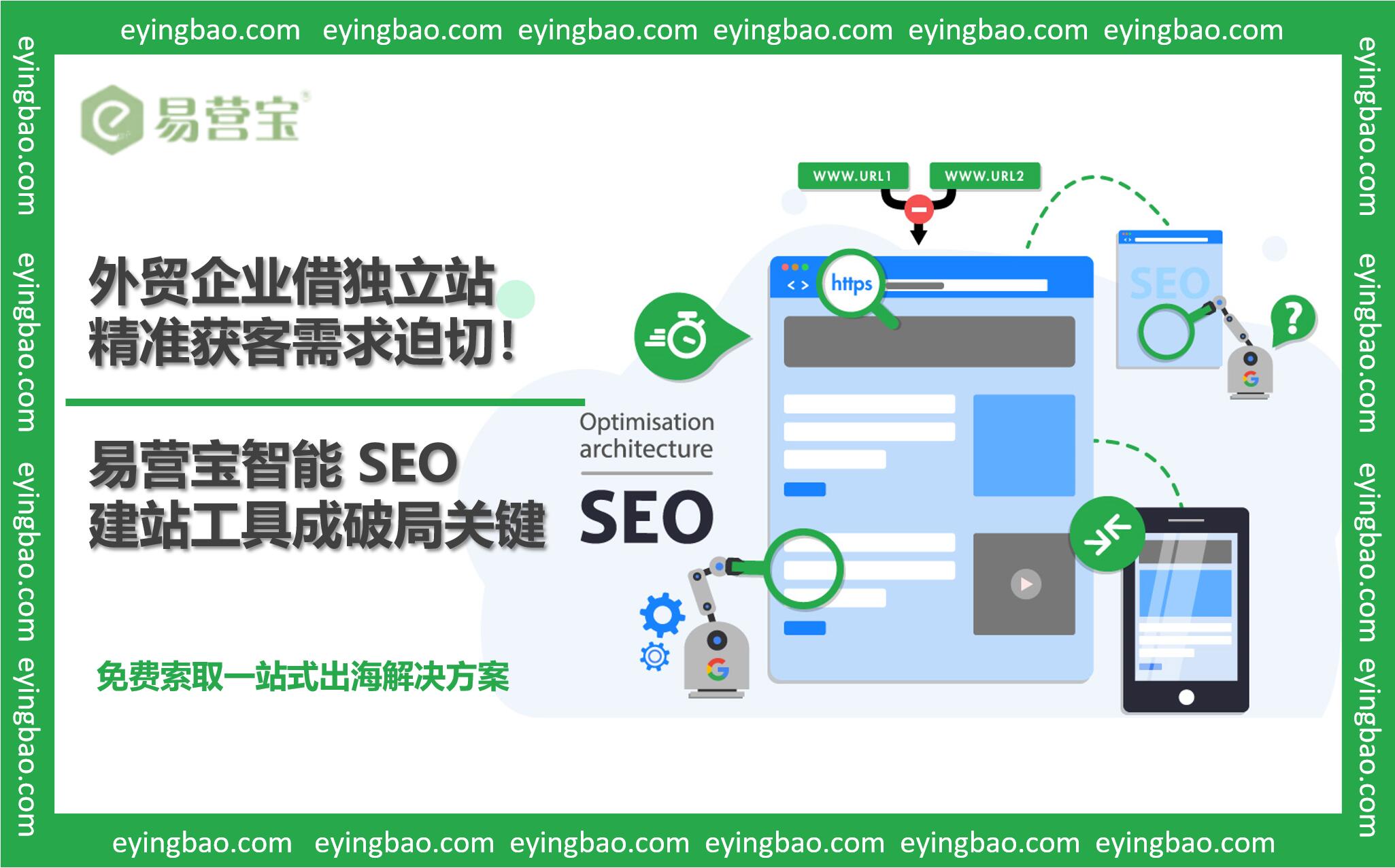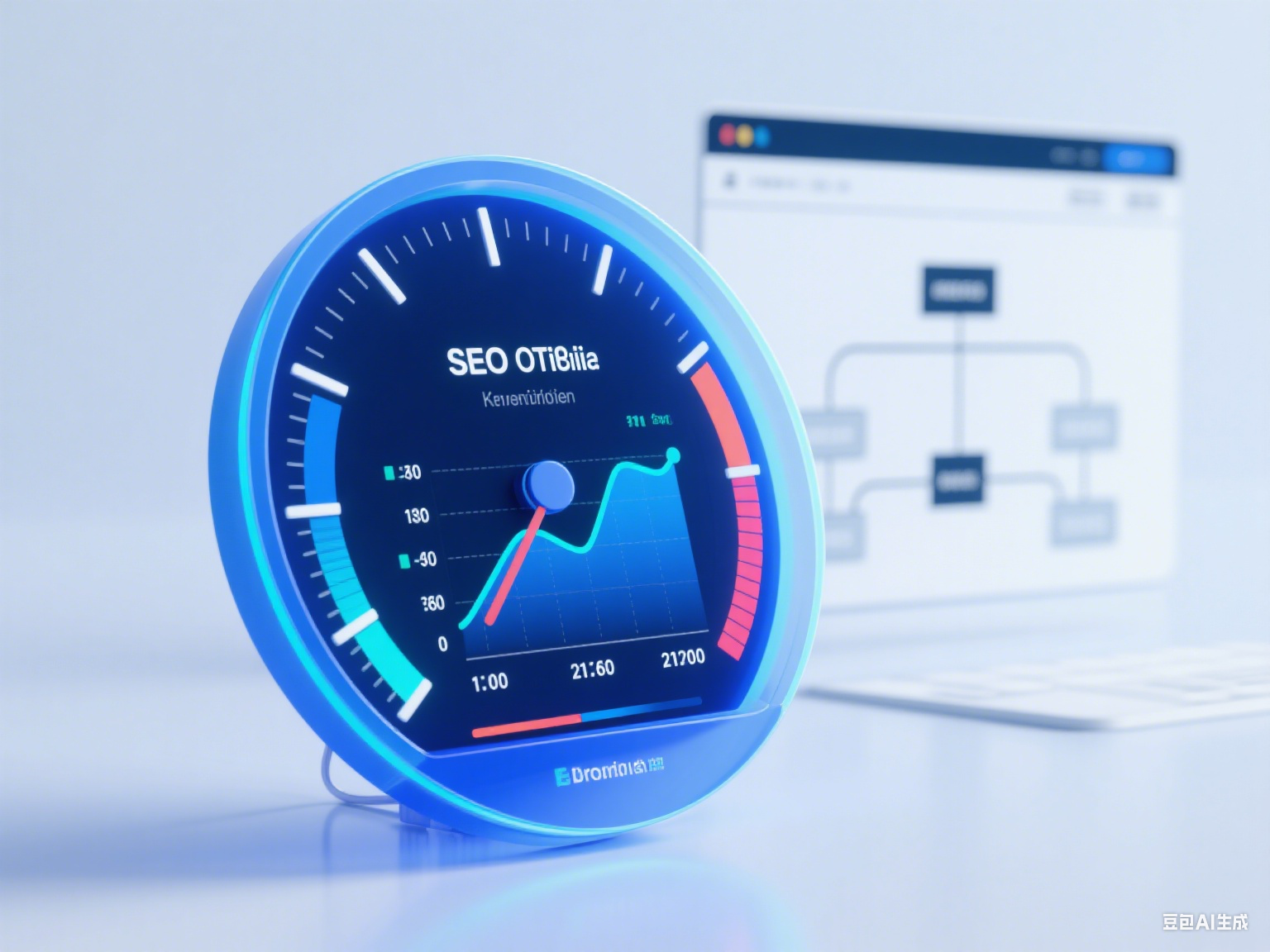Definition of Search Engine Ranking: Algorithm-Driven Visibility and Authoritative Sorting
Search Engine Ranking refers to the process by which search engines (such as Google, Bing, Baidu, etc.) use their complex algorithms to match user-input search queries and then rank the most relevant, authoritative, and highest-quality web content, ultimately displaying it in the Search Engine Results Page (SERP).
Core Elements of Ranking:
Relevance: How well your page content matches the user's search query.
Authority: Your website's expertise and trustworthiness (E-E-A-T) within the industry.
Quality & User Experience (Quality & UX): The quality of your page content and user experience (loading speed, mobile compatibility).
Strategic Importance of Ranking: High rankings (especially in the top three positions) are the only way to acquire organic search traffic. Statistics show that the click-through rate (CTR) for the first page of search results accounts for over 90% of total clicks.
History of Search Engine Ranking: From Text Matching to AI-Powered Sorting
The evolution of search engine ranking reflects the transition of algorithms from simple keyword matching to complex semantic understanding and user behavior analysis.

1. Early Stage: The "Black Box" of Keywords and Link Quantity (1990s-2003)
Dominant Factors: Rankings were primarily determined by keyword density and pure quantity of backlinks.
Characteristics: Simple ranking algorithms were easily manipulated by black-hat techniques (e.g., keyword stuffing, link buying).
2. PageRank and Quality-Oriented Era (2003-2015):
Technological Shift: Google introduced the PageRank algorithm, incorporating the concept of link quality and authority.
Anti-Spam Upgrades: Panda and Penguin algorithm updates began penalizing low-quality content and spam links, emphasizing content quality and natural link-building.
3. Mobile and Semantic Search (2015-2020):
Device-Driven: Mobile-first indexing became the standard, with mobile-friendliness directly impacting rankings.
AI Algorithm Applications: Machine learning systems like RankBrain helped search engines deeply understand the semantics and intent behind user queries, even matching unseen long-tail queries accurately.
4. Experience, Performance, and E-E-A-T Authority System (2020-Present):
Quantified User Experience: The introduction of Core Web Vitals (LCP, INP, CLS) metrics made website speed and page stability critical ranking factors.
Authority Upgrade: **E-E-A-T (Experience, Expertise, Authority, Trustworthiness)** became the baseline for high rankings, especially for high-risk domains like finance and health (YMYL)**.
Technical Principles of Search Engine Ranking: The Complex Synergy of Algorithm Models
Search engine rankings are not based on a single factor but result from the collaborative effect of hundreds of complex algorithm signals and models.
1. Crawling, Indexing, and Rendering (Crawling, Indexing, Rendering)
Crawler/Bot: Automatically visits web pages to capture information.
Indexing: Search engines categorize, store, and analyze captured content to form a massive database.
Rendering: Modern search engines (especially Google) render pages like browsers to understand JavaScript-loaded content and the final user experience. If content cannot be rendered, it cannot be indexed, and thus cannot rank.
2. Algorithm Core: Relevance and Query Intent Matching
Keyword Matching: Algorithms check keyword usage in page titles, H tags, URLs, and body text.
Semantic Analysis: Using NLP (Natural Language Processing) to understand semantic associations between queries and page content, not just keyword overlap.
Search Intent: Algorithms determine the user's true intent (e.g., "apple" could mean fruit, company, or product) and provide the most suitable page type.
3. Ranking Signal Weight Distribution (Ranking Factors)
Ranking factors can be broadly categorized as follows, with algorithms assigning different weights to each:
Technical Advantages and Core Applications of High Search Engine Rankings
High rankings are key for businesses to gain competitive advantages and achieve commercial goals in the digital world.
1. Sustainable, High-Intent Free Traffic Source
Feature: Once rankings stabilize, websites gain consistent, high-intent-driven traffic.
Advantage: **Customer Acquisition Cost (CAC)** is far lower than paid ads, with higher-quality traffic and typically better conversion rates.
2. Amplifier of Brand Authority and Trust
Feature: Brands ranking at the top of search results are naturally perceived as industry leaders or most trustworthy resources.
Advantage: Enhances user trust in the brand, especially in high-ticket and high-risk (YMYL) domains, significantly improving potential customers' decision-making efficiency.
3. Traffic Moat and Competitive Edge
Feature: Achieving high rankings requires long-term, systematic investment, making it hard for competitors to replicate quickly.
Advantage: Establishes a strong traffic moat for businesses, protecting market share and ensuring long-term competitive advantages.
4. Resilience Against Algorithm Updates
Feature: Professional SEO strategies focus on white-hat principles, user experience, and E-E-A-T foundations.
Advantage: A stable website infrastructure can better withstand core algorithm updates, minimizing ranking volatility and penalty risks.
Deep Applications and Strategic Value of Search Engine Rankings
High search engine rankings can be applied across various stages of business growth and types of operations.

1. Driving Conversion-Oriented Business Growth
Application: Optimize rankings for transactional keywords (e.g., "buy XX product," "XX service price").
Value: Directly captures high-intent purchase demand, enabling instant sales or high-value inquiries.
2. Building Content Marketing and Industry Leadership
Application: Optimize rankings for informational keywords (e.g., "how to solve XX problem," "XX industry guide").
Value: Attracts potential customers at the **top of the funnel (Tofu)**, establishing brand education and leadership through content, ultimately funneling traffic into conversions.
3. Dominating Local Markets
Application: Optimize Google My Business (GMB) profiles and local keywords (e.g., "best coffee near XX") to secure **Local Pack** rankings.
Value: Helps local services or physical stores acquire geographically precise customers, quickly boosting foot traffic.
4. Optimizing Products and User Experience
Application: Use post-ranking user interaction data (dwell time, bounce rate, CTR) to reverse-optimize page content and user experience.
Value: Converts SEO data into product optimization insights, enabling data-driven product iterations.
EasyProfit: Your Custom Search Engine Ranking Strategy and Execution Expert
EasyProfit's search engine ranking services are based on full-funnel SEO optimization, algorithm foresight, and ROI maximization. We are committed to pushing and stabilizing your website at the top of search results.
360-Degree Ranking Factor Audit: Conduct a comprehensive audit of your website's technical health, content E-E-A-T, and external authority to identify current ranking bottlenecks.
Keyword Intent and Cluster Planning: Develop topic cluster content strategies centered around user search intent and commercial value, ensuring each page achieves precise rankings.
Core Web Vitals Performance Optimization: Our technical team optimizes site speed and stability to industry-leading levels, eliminating all technical barriers to high rankings.
White-Hat Authority Building: Through content PR and valuable collaborations, acquire high-quality backlinks from industry authorities to fundamentally enhance site authority.
Ranking Monitoring and Algorithm Response: Use professional tools to monitor ranking changes in real-time and dynamically adjust strategies based on the latest search engine algorithm updates to ensure ranking stability.
FAQ
1. What are the three core ranking factors for search engines?
The simplest answer is: Relevance, Authority, and Technical Health.
Relevance (Content SEO): Whether your content is the best answer to the user's search query and matches their search intent.
Authority (Off-page SEO): Whether your website is trusted within the industry, primarily determined by high-quality backlinks and E-E-A-T signals.
Technical Health (Technical SEO): Whether your website is easily crawled and indexed by search engines, and whether the user experience (Core Web Vitals) is good.
2. Why does my website's click-through rate (CTR) in search results affect rankings?
A high click-through rate (CTR) is the algorithm's "final user vote" for assessing page quality.
Principle: If your page ranks third but achieves a higher CTR than the page ranked first, this sends a strong signal to the search engine: users consider your page more valuable than the top-ranked one.
Result: The algorithm typically boosts the ranking of pages with high CTR to provide results that better meet user expectations. Therefore, optimizing title tags and meta descriptions to improve CTR is a crucial strategy for higher rankings.
3. How often do search engine rankings update?
Ranking changes occur in real-time and continuously.
Core Updates: Search engines periodically (several times a year) roll out core algorithm updates, which may lead to large-scale ranking fluctuations.
Real-Time Changes: Daily ranking adjustments are ongoing. The algorithm fine-tunes rankings based on user interactions, new backlink discoveries, or minor technical adjustments. New content is typically crawled and indexed within days to weeks.

Customer Reviews
Mr. Huang, CEO of an industrial B2B software company
"Our website used to linger on the second page of search results. EasyWin conducted a comprehensive technical SEO audit for us, thoroughly resolving numerous Core Web Vitals performance issues. Most crucially, they guided us to create high-quality industry solution guides based on keyword clusters and successfully secured backlinks from several authoritative industry websites. Within 10 months, all our core transactional keywords ranked in the top three on Google, and organic search contributed to 70% of our sales leads, completely transforming our customer acquisition model."
Ms. Gao, Founder of a financial investment education platform
"In the high-risk YMYL (Your Money or Your Life) field of finance, rankings equate to trust. EasyWin's experts deeply understood the requirements of E-E-A-T, helping us optimize author expertise displays, content citations, and transparency. They successfully positioned our brand as a trusted knowledge hub within the industry. During last year's Google core update, our rankings not only held steady but improved further, proving that adhering to algorithm rules and building authority is the only path to high rankings."
![China's Machinery Export New Pathway: Can You Capture Middle East & Latin America Red Profits Amid the GCC Construction Wave? China's Machinery Export New Pathway: Can You Capture Middle East & Latin America Red Profits Amid the GCC Construction Wave?]() China's Machinery Export New Pathway: Can You Capture Middle East & Latin America Red Profits Amid the GCC Construction Wave?How Can Chinese Machinery Break Through in Middle East & Latin American Emerging Markets via Differentiated Social Media Operations? Let's Explore Deeply!
China's Machinery Export New Pathway: Can You Capture Middle East & Latin America Red Profits Amid the GCC Construction Wave?How Can Chinese Machinery Break Through in Middle East & Latin American Emerging Markets via Differentiated Social Media Operations? Let's Explore Deeply!![How to Solve High Google Ads Costs? Optimize Multiple Dimensions to Break the Deadlock How to Solve High Google Ads Costs? Optimize Multiple Dimensions to Break the Deadlock]() How to Solve High Google Ads Costs? Optimize Multiple Dimensions to Break the DeadlockConcerned About High Google Ads Costs? Experts to the Rescue—With Independent Site Optimization and More, Achieve Double the Return on Investment.
How to Solve High Google Ads Costs? Optimize Multiple Dimensions to Break the DeadlockConcerned About High Google Ads Costs? Experts to the Rescue—With Independent Site Optimization and More, Achieve Double the Return on Investment.![Are foreign trade enterprises still blindly pursuing leads? Isn't a dedicated website with precise customer acquisition more effective? Are foreign trade enterprises still blindly pursuing leads? Isn't a dedicated website with precise customer acquisition more effective?]() Are foreign trade enterprises still blindly pursuing leads? Isn't a dedicated website with precise customer acquisition more effective?Under the new trends in foreign trade, how can intelligent SEO website-building tools help businesses attract targeted leads through dedicated websites? Discover the possibilities now!
Are foreign trade enterprises still blindly pursuing leads? Isn't a dedicated website with precise customer acquisition more effective?Under the new trends in foreign trade, how can intelligent SEO website-building tools help businesses attract targeted leads through dedicated websites? Discover the possibilities now!![Foreign trade client acquisition tough? Yiyongbao intelligent SEO tools rewrite the game. Foreign trade client acquisition tough? Yiyongbao intelligent SEO tools rewrite the game.]() Foreign trade client acquisition tough? Yiyongbao intelligent SEO tools rewrite the game.In the era of digitalization sweeping global trade with intensified competition, foreign trade enterprises urgently need independent websites for precise customer acquisition, where Yiyongbao intelligent SEO website-building tools become the game-changer.
Foreign trade client acquisition tough? Yiyongbao intelligent SEO tools rewrite the game.In the era of digitalization sweeping global trade with intensified competition, foreign trade enterprises urgently need independent websites for precise customer acquisition, where Yiyongbao intelligent SEO website-building tools become the game-changer.![Is your website loading slowly? Our optimization services can help! Is your website loading slowly? Our optimization services can help!]() Is your website loading slowly? Our optimization services can help!This article provides an in-depth analysis of common causes for slow website loading speeds and offers professional optimization solutions, including technical enhancements, resource compression, CDN acceleration, and other practical techniques. It also compares SEM and SEO, sharing effective methods to improve website SEO rankings and achieve rapid indexing, helping businesses perform better in search engines.
Is your website loading slowly? Our optimization services can help!This article provides an in-depth analysis of common causes for slow website loading speeds and offers professional optimization solutions, including technical enhancements, resource compression, CDN acceleration, and other practical techniques. It also compares SEM and SEO, sharing effective methods to improve website SEO rankings and achieve rapid indexing, helping businesses perform better in search engines.![Does your website really need the SEO optimization of a smart website building system? Does your website really need the SEO optimization of a smart website building system?]() Does your website really need the SEO optimization of a smart website building system?This article explores the importance of SEO optimization services for smart website building systems in enhancing website exposure. It analyzes how effective SEO strategies, optimized website structure, and content can help businesses stand out in highly competitive markets. Ideal for enterprises looking to improve their online business performance by understanding the necessity of SEO optimization.
Does your website really need the SEO optimization of a smart website building system?This article explores the importance of SEO optimization services for smart website building systems in enhancing website exposure. It analyzes how effective SEO strategies, optimized website structure, and content can help businesses stand out in highly competitive markets. Ideal for enterprises looking to improve their online business performance by understanding the necessity of SEO optimization.![The latest intelligent website building system features: what are the new changes in SEO optimization services? The latest intelligent website building system features: what are the new changes in SEO optimization services?]() The latest intelligent website building system features: what are the new changes in SEO optimization services?Smart website building system SEO optimization services are constantly evolving, and understanding the latest developments is crucial for companies to improve their online competitiveness. This article will take a deep look at the latest changes in smart website building system SEO optimization services and reveal how to use these new features to improve website rankings and user experience.
The latest intelligent website building system features: what are the new changes in SEO optimization services?Smart website building system SEO optimization services are constantly evolving, and understanding the latest developments is crucial for companies to improve their online competitiveness. This article will take a deep look at the latest changes in smart website building system SEO optimization services and reveal how to use these new features to improve website rankings and user experience.![Trend Analysis of SEO Optimization Services for 2025 Intelligent Website Building Systems Trend Analysis of SEO Optimization Services for 2025 Intelligent Website Building Systems]() Trend Analysis of SEO Optimization Services for 2025 Intelligent Website Building SystemsThis article provides an in-depth analysis of the latest trends in SEO optimization services for intelligent website building systems in 2023, exploring how to enhance website exposure and traffic through strategic optimizations. Market changes are also considered, offering effective conversion rate improvement recommendations.
Trend Analysis of SEO Optimization Services for 2025 Intelligent Website Building SystemsThis article provides an in-depth analysis of the latest trends in SEO optimization services for intelligent website building systems in 2023, exploring how to enhance website exposure and traffic through strategic optimizations. Market changes are also considered, offering effective conversion rate improvement recommendations.




